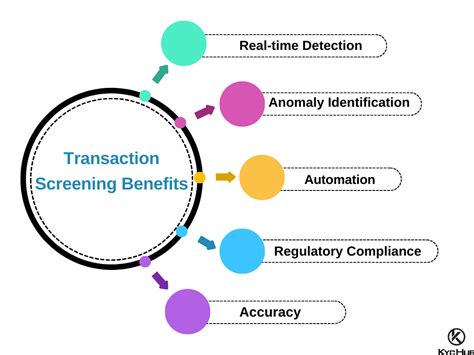The importance of transaction speed in cryptocurrency
In the world of digital currencies, the speed of the transaction is a crucial aspect that differentiates the cryptocurrencies from traditional payment methods. From instant transfers to late payments, the choice of cryptocurrency depends widely on the speed with which you can complete your transactions. In this article, we will exploit the importance of the speed of the transaction in cryptocurrencies and why it is becoming increasingly critical.
Why the transaction speed is important
The speed of the transaction is a fundamental aspect of any digital currency system. The faster you can transfer funds, the less time will spend waiting for payment to clean. This is particularly important when dealing with high value transactions, international payments or daily activities, such as buying daily online items.
Here are some reasons why the transaction speed is important in cryptocurrencies:
- Cost Economy : Faster transactions result in lower rates compared to traditional payment methods such as credit cards or bank transfers. For example, a $ 100 transaction can cost about 2-3% with a cryptocurrency exchange, while it can cost up to 5% with a traditional payment method.
- Increased convenience : cryptocurrency transactions are typically faster and more convenient than those involving traditional coins. This is especially true for individuals who want to make last -minute shopping or transfer funds between accounts quickly.
- Reduced latency : The speed of the transaction affects the overall latency of your cryptocurrency transactions. Lower latency means that you can react faster to change in market conditions, reducing the risk of price volatility and ensuring that your investment remains stable.
- Higher Adoption Fees : Faster transaction speeds contribute to higher cryptocurrency adoption rates. When it is easy to transfer funds quickly, more people are willing to use these digital currencies.
Types of transaction speed
There are several types of transaction speed in cryptocurrencies:
- Instant Transactions

: These are the fastest type of transaction, with processing times measured in milliseconds.
- default transactions : default transactions take longer than instant, but still offer relatively fast processing times (seconds to minutes).
- late transactions : Delayed transactions take longer than standard, usually taking up to several days or even weeks to complete.
The fastest transaction speed benefits
Faster transaction speeds have numerous benefits:
- Increased adoption increases : Faster transaction speeds attract more users to the cryptocurrency ecosystem.
- higher negotiating volumes : Users are more likely to negotiate cryptocurrencies at faster and cheaper rates, increasing the overall demand for these assets.
- Improved safety : Faster transaction speeds reduce the risk of hackers and other types of cyber attacks.
Challenges in maintaining transaction speed
Although the faster transaction speeds are crucial, there are challenges to keep them:
- Network congestion : High transaction volumes can cause network congestion, leading to slower transaction times.
- Competition of fiduciary currencies : Increased traditional payment methods increased competition for cryptocurrency transactions, making it difficult to maintain rapid processing time.
Conclusion
The speed of the transaction is a critical aspect of cryptocurrencies that differentiates them from traditional payment methods. Faster transaction speeds result in lower rates, higher convenience, reduced latency and increased adoption rates. To maintain efficient transaction speeds, it is essential to face network congestion challenges, improve infrastructure development, and encourage users to be aware of cryptocurrency use.
